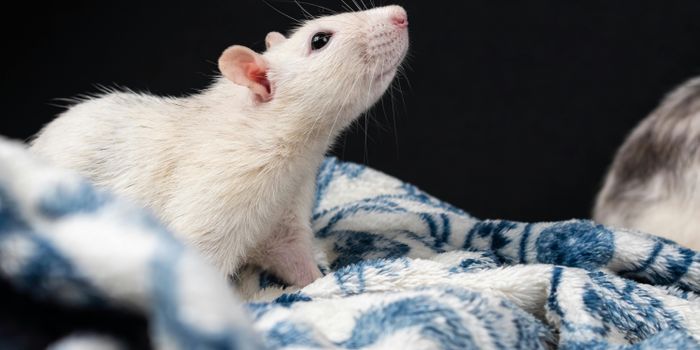Neuroscience
Role for Amyloid-Forming Protein
Ilene Schneider is the owner of Schneider the Writer, a firm that provides communications for health care, high technology and service enterprises. Her specialties include public relations, media relations, advertising, journalistic writing, editing, grant writing and corporate creativity consulting services.
Prior to starting her own business in 1985, Ilene was editor of the Cleveland edition of TV Guide, associate editor of School Product News (Penton Publishing) and senior public relations representative at Beckman Instruments, Inc. She was profiled in a book, How to Open and Operate a Home-Based Writing Business and listed in Who's Who of American Women, Who's Who in Advertising and Who's Who in Media and Communications. She was the recipient of the Women in Communications, Inc. Clarion Award in advertising.
A graduate of the University of Pennsylvania, Ilene and her family have lived in Irvine, California, since 1978.









